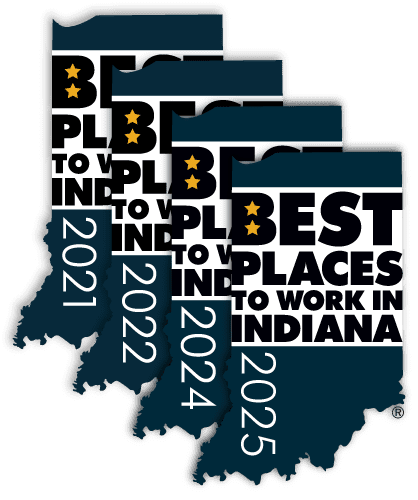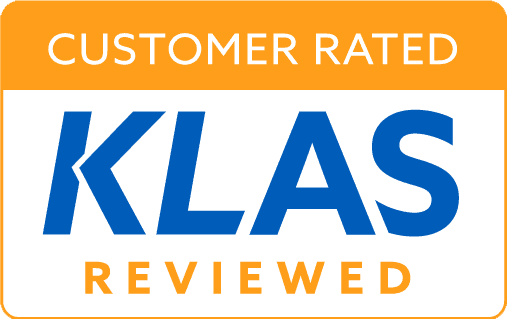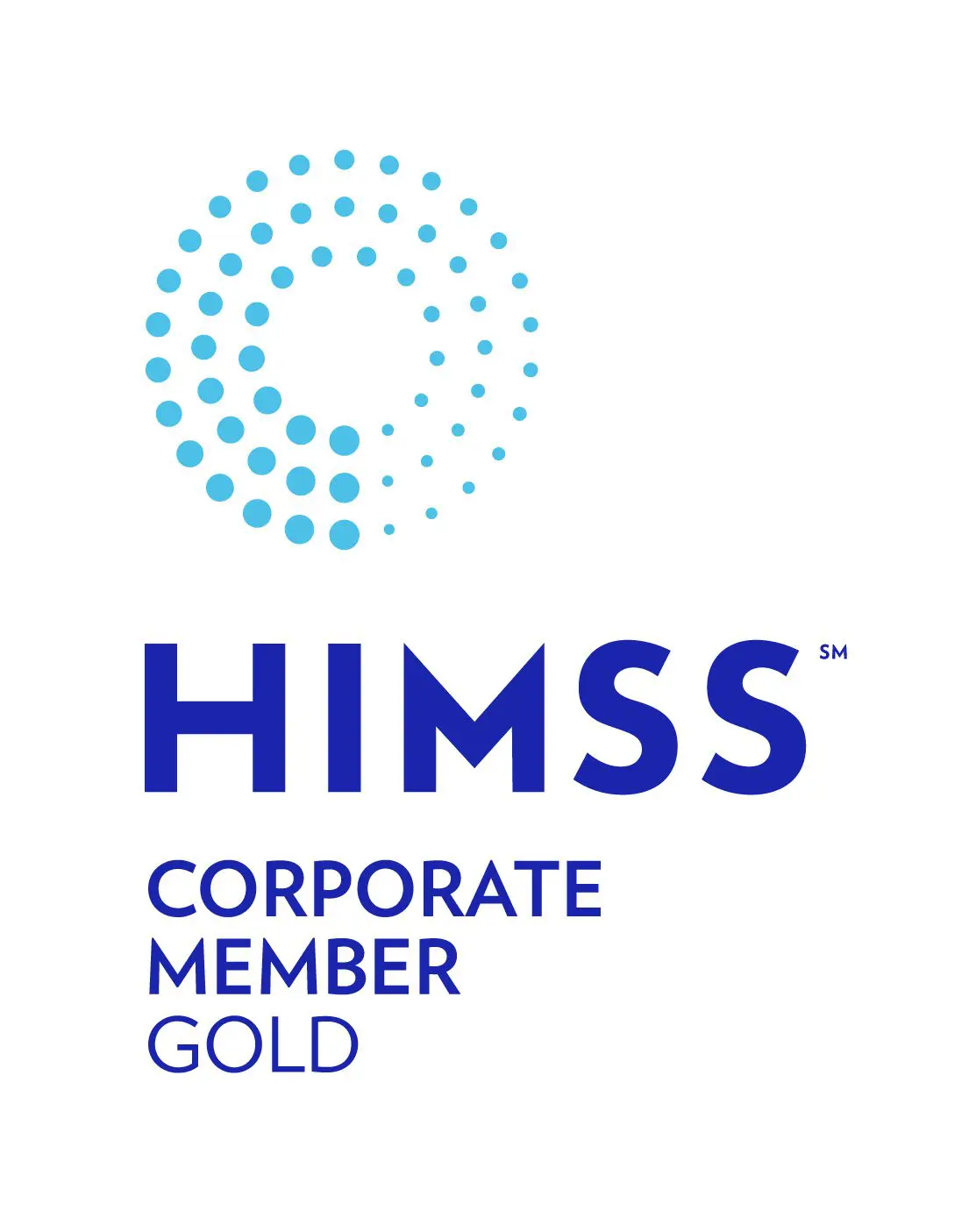
To gain insights into how active archiving contributes to business value, Harmony Healthcare IT co-commissioned research of IT professionals across numerous industries in the U.S. and Canada. We wanted to take a wide look at the challenges, plans, strategies and trends that are emerging in active data storage.
Our intention was to:
- Assess the general state of data archiving
- Understand how IT organizations in many industries utilize active archiving
- Highlight key trends with a focus on how cloud services impact archiving
- Measure archive data growth and trends
Legacy data access is at the heart of most organizations
With skyrocketing data growth showing no signs of slowing down, businesses across every industry are becoming more data reliant. We weren’t surprised to learn that legacy data is a key ingredient in the data-rich business landscape. Gone are the days of passive legacy data as 44% of those surveyed report their users look at archived data daily and 79% report weekly usage.
While we spend a lot of time reviewing record retention guidelines in healthcare, the research found that most organizations (regardless of industry) retain their archived data for 10 years and the volume of active archive growth is at a 36% annual mean growth rate. But, this isn’t just a store it and forget it type of scenario. Organizations are focused on keeping legacy data accessible and utilizing tools that offer data retrieval within minutes. In fact, 33% of those who expect to invest in active archive spending in the next 24 months, rate improved data retrieval times as key.
Scalability ranked as the number one preferred attribute of active archive solutions
IT professionals surveyed ranked scalability and robust search as distinguishing factors among preferred solutions. The top preferred attributes included:
- 65% – Very high or unlimited storage scalability
- 53% – Contextual search capabilities
- 52% – Provides cost-efficiency
- 49% – Leverages public cloud services
- 47% – Provides a front-end user interface
- 46% – Uses a combination of storage technologies
- 39% – Must be available on-premises
- 35% – Provides a front-end performance layer
Cloud is the most widely used storage platform for archive data – but many organizations have a hybrid
The research found that 93% of organizations store their archive data in the cloud and that nearly nine in ten use these services for their active archive data. From an infrastructure standpoint, our cross-industry research reflected that 61% of active archives are a blend of cloud and on-premises deployments.
Big picture finding: Data (including legacy data) is a business asset that can return value to the organization
Organizations report having realized many key technical and business benefits with an active archive. The top of the list is improved data access with improved data efficiencies following in a close second. This confirms the conclusion that an “active” archive is needed to deliver business value with lifecycle data.
Five top benefits of an active archive:
- Improved data access
- Operational efficiency in supporting core business
- Improved data lifecycle
- More efficient way to perform certain big data/analytics functions
- Improved cyber-resilience
To read the ebook with research highlights, click here.
We appreciate the opportunity to learn from other industries. It is why we co-commissioned this study and why we are a member of the Active Archive Alliance, a vendor-neutral trusted source for providing end-users with technical expertise and guidance to design and implement modern active archive strategies that solve data growth challenges through intelligent data management.
We use a variety of sources for information as well as what we know from our own experience of extracting, converting, migrating and retaining records from over 550 clinical, financial and administrative software brands commonly used in healthcare delivery organizations. Our focus in managing data exclusively for the healthcare industry helps us to pioneer and deliver outstanding HITRUST CSF®-certified cloud-based storage solutions – HealthData Archiver®®, HealthData AR Manager®, and HealthData Locker™ with options to enable stored data for interoperability with HealthData Integrator®.
Our broad scope of work is recognized by Black Book™ Rankings, a division of Black Book™ Market Research which ranked Harmony Healthcare IT as the top Data Archiving, Data Extraction and Migration company for the third year running (2019-2021).
Are you looking for a strong partner to help your team with a long-term data management strategy in healthcare?
Data Source: ESG Research Report, The Transformational Rise of Active Archives, October 2021






